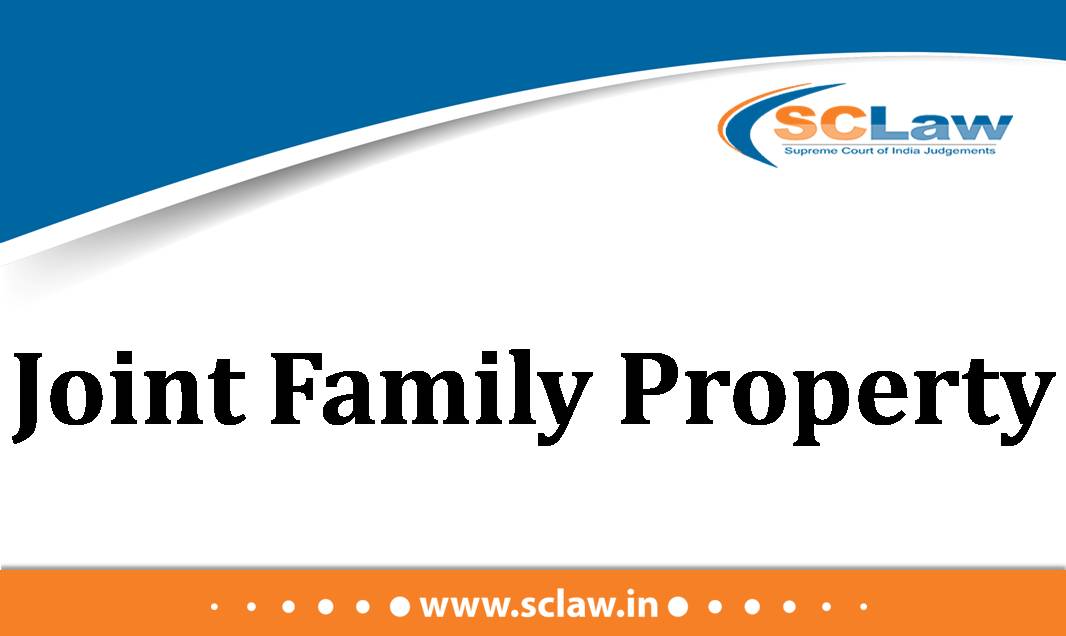Held, a child of a marriage which is null and void under Section 11 of HMA is statutorily conferred with legitimacy – Where a voidable marriage has been annulled by a decree of nullity under Section 12, of HMA a child ‘begotten or conceived’ before the decree has been made, is deemed to be their legitimate child notwithstanding the decree, if the child would have been legitimate to the parties to the marriage if a decree of dissolution had been passed instead of a decree of nullity
SUPREME COURT OF INDIA FULL BENCH REVANASIDDAPPA AND ANOTHER — Appellant Vs. MALLIKARJUN AND OTHERS — Respondent ( Before : Dhananjaya Y Chandrachud, CJI., J B Pardiwala and Manoj Misra,…


